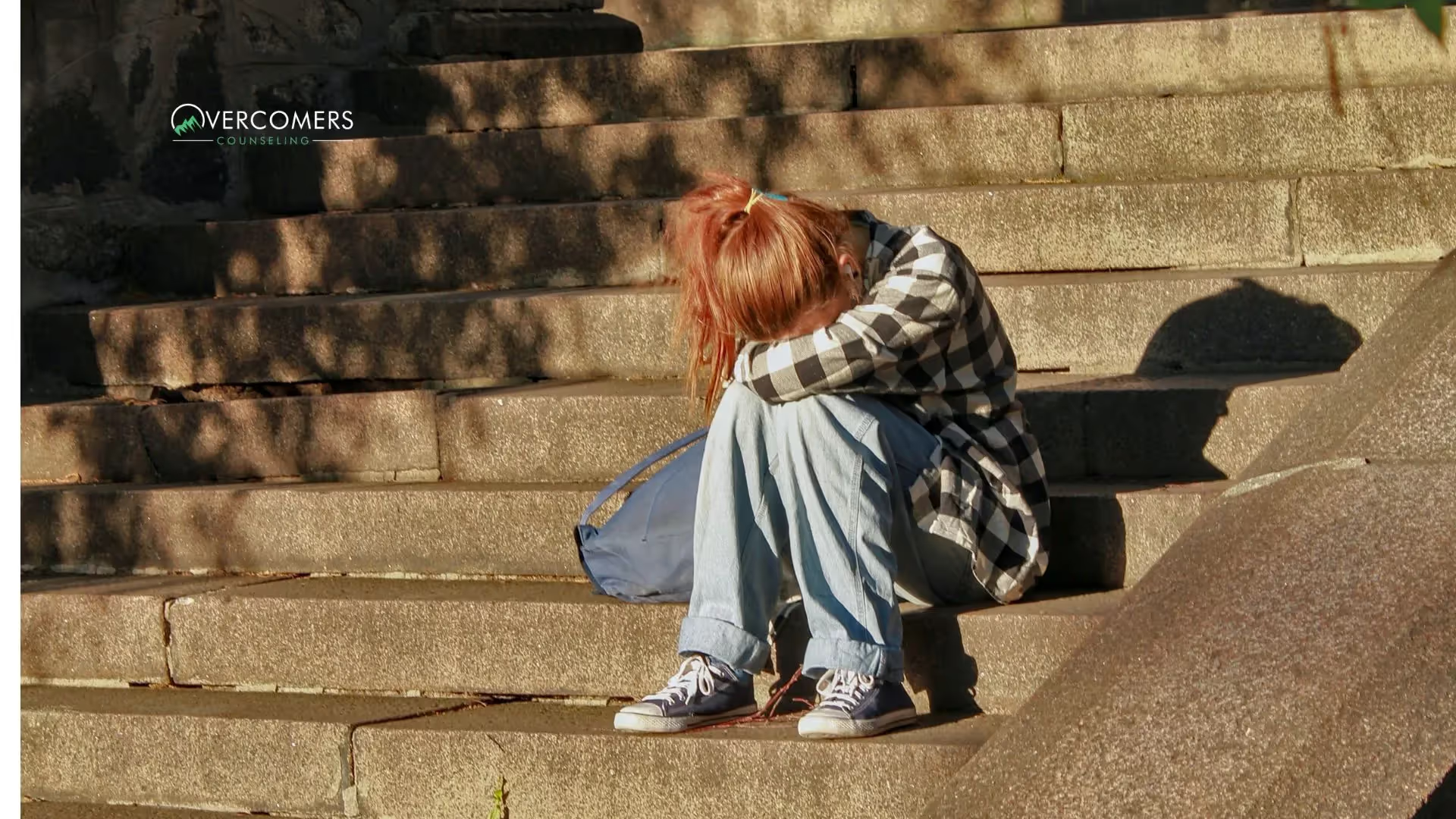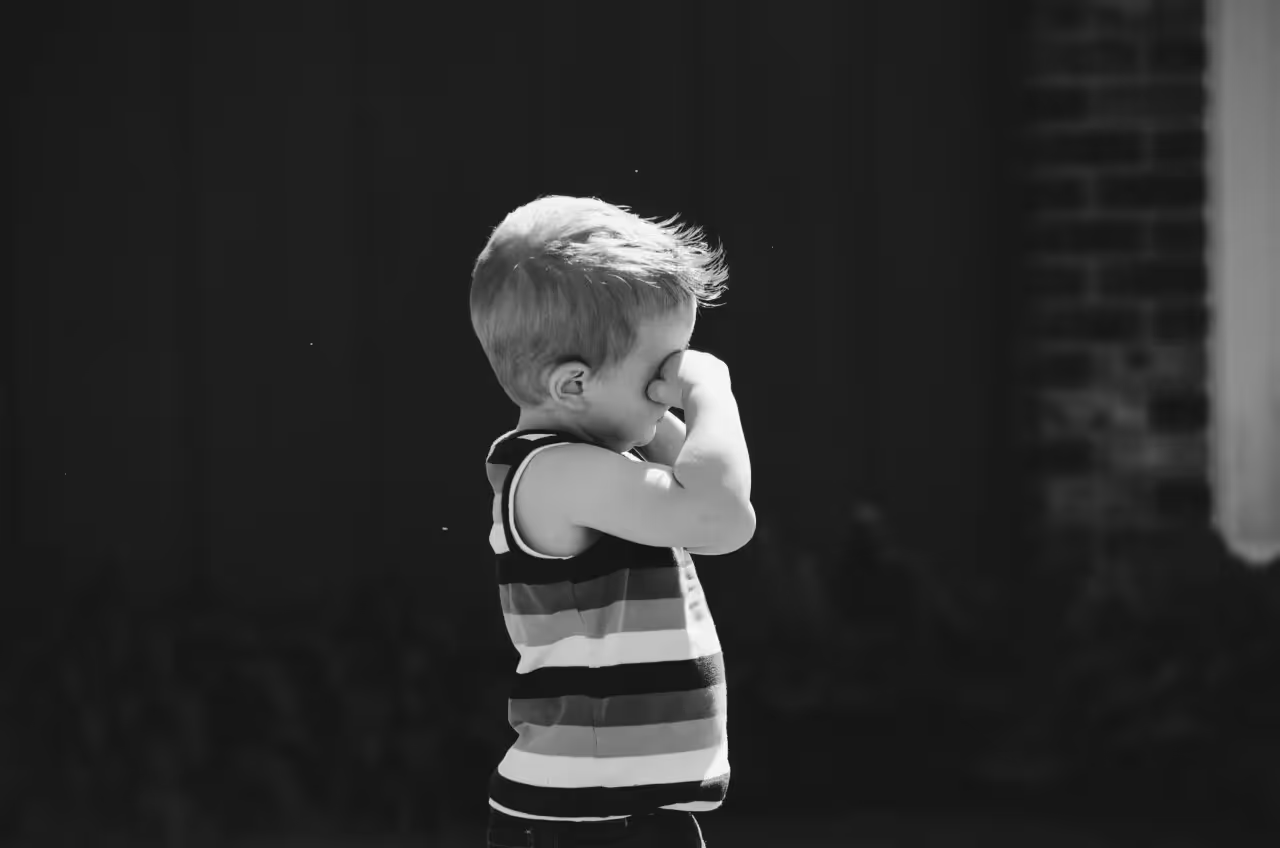Bullying is a widespread issue that affects millions of youngsters throughout the world. It's a significant problem that can have long-term consequences for...

Bullying is a widespread issue that affects millions of youngsters throughout the world. It's a significant problem that can have long-term consequences for both the victim and the bully.
Bullied children are more likely to suffer from depression, anxiety, and other mental health difficulties.
They may also have low self-esteem, social isolation, and scholastic difficulties.
Bullies, on the other hand, may suffer disciplinary punishment and are more likely to engage in more serious types of violence later in life.
As a result, it is critical to identify and manage bullying in children as early as possible
In this blog, we will discuss the different types of bullying, how to determine if your child is either the bully or the victim, and how to effectively address the situation.
Physical bullying involves striking, kicking, shoving, and other aggressive physical activities.
Verbal bullying is the use of words to injure, insult, or humiliate another person.
Name-calling, taunting, and spreading rumors are all examples of this.
Social bullying is banning someone from a group, spreading rumors, or causing harm to someone's reputation.
Bullying that occurs online or through technology, such as social media, text messages, or emails, is known as cyberbullying.
Cyberbullying is extremely dangerous since it reaches a larger audience and is more difficult to avoid.
Cyberbullying is the most common type of bullying amongst children these days and as parents and caretakers, we must have an extra watchful eye and stay on the lookout for this type of bullying.

It can be tough for you to see whether or not your kid is being bullied.
Children may be reluctant to discuss it, and they may be unaware that they are being bullied. Here are some warning indicators to look out for.
Unexplained injuries: If your child comes home with bruises or other injuries that they cannot explain, this might indicate that they are being physically bullied.
Withdrawal from social activities: If your kid used to enjoy socializing with friends or engaging in extracurricular activities but has recently become more reclusive, this might be an indication that they are being bullied.
Changes in eating or sleeping habits: If your kid suddenly stops eating or sleeping well, this might be an indication of bullying-related stress or anxiety.
Avoidance of specific locations or people: If your child avoids specific places or individuals, this might indicate that they are being bullied in that area.
Low self-esteem or depression: If your child appears depressed or down, it might be a sign that they are being bullied and are dealing with the emotional toll it is having on them.
How to Assist Your Victimized Child:
If you feel your child is being bullied, you must move quickly to address the problem.
Here are some things you can do:
Listen to your child: Listening to your child is the first step in helping them.
Encourage them to discuss what's been going on and how it's making them feel.
Let them know you're here to help and that they're not alone.
Keep a record of the incidents: Keep a note of all occurrences of bullying, including the date, time, place, and any witnesses.
If you need to report bullying to school administrators or police enforcement, this might be useful.
Talk to the school: If your kid is being bullied at school, discuss the situation with their teacher or administrator.
Inquire about their school's bullying policy and the actions they intend to take to resolve the matter.
Consider obtaining counseling for your child to assist them in coping with the emotional toll of bullying.
A mental health expert can offer advice and assistance to help your kid develop resilience and self-esteem.
While it is critical to identify and handle bullying when it occurs in your kid, it is just as, if not more critical to address the problem if your child is the bully.
Here are several indicators that your child is bullying others:
They are aggressive towards others: If your child is punching, shoving, or verbally abusing other children, they may be a bully.
They refuse to accept responsibility for their actions: If your child blames others or makes excuses for their behavior, this may indicate that they are not accepting responsibility for their actions.
They have a need to dominate others: If your child enjoys being in charge and controlling others, this might indicate that they are a bully.
They don't seem to care about how their behavior affects others: If your child doesn't seem to care about how their behavior affects others, this might be an indication that they're a bully.
How to Handle the Situation Responsibly and Effectively:
If you feel your child is a bully, you must move quickly to address the matter.
Here are some things you can do:
The first step in dealing with bullying behavior is to talk to your child about it.
Inform them that their behavior is unacceptable and that it is causing harm to others.
Establish firm boundaries: Make it obvious to your child that bullying will not be allowed.
Set clear consequences for their actions and stick to them.
Seek counseling for your child to help them understand why their behavior is unacceptable and to teach them the skills they need to interact with others in a more positive way.
Encourage positive behavior: Encourage your kid to be nice, courteous, and sensitive towards others to help them develop positive social skills.
When they exhibit these qualities, compliment them.
Collaboration with the school: If your child is bullying others at school, collaborate with the school to devise a strategy to address the behavior.
Counseling, disciplinary punishment, or other treatments may be used.
More likely than not, your child's desire to bully is coming from problems they have within themselves that need to be addressed.
Look at your home, address any possible issues and do your best to better understand your child's psyche.
It's crucial to get to the bottom of the problem
To summarize, bullying is a significant issue that affects many youngsters all around the world.
Parents must recognize and handle bullying behavior in their children, whether they are the victim or the abuser.
We can help our children acquire the social skills and emotional resilience they need to grow and achieve in life by taking action to address the problem.
Take a moment this week and pay attention to the signs we have mentioned.
Is your child being bullied or bullying other children?
https://www.parents.com/kids/problems/bullying/bully-proof-your-child-how-to-deal-with-bullies/
You can teach your child persistence by modeling the behavior yourself, encouraging them to take risks, setting goals and tracking progress, praising effort, and providing support and guidance.